Dr. Martin Luther King Jr. once famously said, “I think it is one of the tragedies of our nation, one of the shameful tragedies that 11:00 on Sunday morning is one of the most segregated hours if not the most segregated hour in ‘Christian America.’”
Indeed, Lurenza McGhee, a Baha’i from Chicago, says that she grew up in a church where she only saw Black people.
“There were no whites. There were no Latinos — just Black people in my church,” Lurenza says. So, when she went to a Baha’i event “where there were people from all over the world,” she was “swept away by the diversity.”
RELATED: Embracing Diversity Through Community Service
Lurenza’s story is one of many shared through The Race Unity Project, an effort produced by Journalism for Change, Inc, a nonprofit media organization founded by filmmaker and human rights activist Maziar Bahari. Through interviews with participants, the project tells “the century-long story of the American Baha’i community and its efforts — as well as its tests and challenges — in promoting race unity.”
Videos from “The Race Unity Project” include a variety of candid conversations about race — including why we need to face our nation’s racial past to move forward and how the Baha’i Faith affirms and empowers Black people.
This commitment to racial unity is part of the bedrock of Baha’i belief. Abdu’l-Baha, one of the central figures of the Baha’i Faith, said in a talk in Paris in 1911:
The diversity in the human family should be the cause of love and harmony, as it is in music where many different notes blend together in the making of a perfect chord.
“The [Baha’i] choir had every different race that you could imagine, and they were singing gospel songs,” says Lurenza. “They were happy. They were joyful. I began to sing with them in the audience because I recognized some of the songs.”
She says she felt especially welcomed when one member of the choir invited her up on stage. He said, “Girl, why are you singing out there? Get on up here and sing with us!” Lurenza says she was happy to sing with the choir and thought, “Wow, is it that open, this Faith, where you can just come in the choir?”
Lurenza says she soon began to learn more about the Baha’i Faith. Along with being struck by the diversity, inclusivity, and spiritual commitment to race unity, she grew more interested in the the other foundational principles of the Baha’i Faith — particularly the idea that all religions come from the same divine source. Baha’is believe in the concept of “progressive revelation,” which means that God has sent different messengers (i.e. the Buddha, Krishna, Moses, Jesus Christ, Mohammed, the Bab, and Baha’u’llah) throughout history to aid in humanity’s progress and development.
Watch as Lurenza shares more of her experiences with the Baha’i gospel choir, and also discusses what it was like to learn about the concept of progressive revelation.
“All of these different Manifestations from God were sent to us at different periods of time for different periods of people,” she says.
Radiance Talley serves as the director of operations at BahaiTeachings.org, where she integrates her expertise in SEO, journalism, design, and publishing into every aspect of her work. She has edited and written hundreds of articles for BahaiTeachings.org and has also written and optimized articles for...
READ MORE

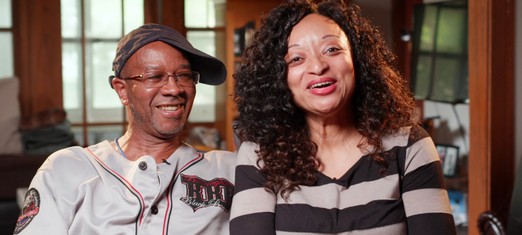

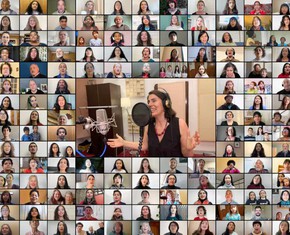
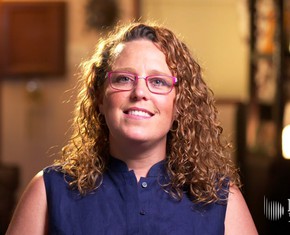
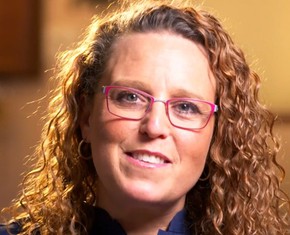
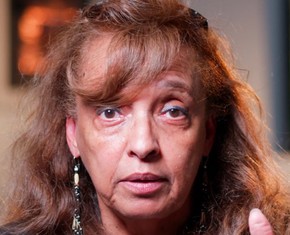









Comments
Sign in or create an account
Continue with Googleor